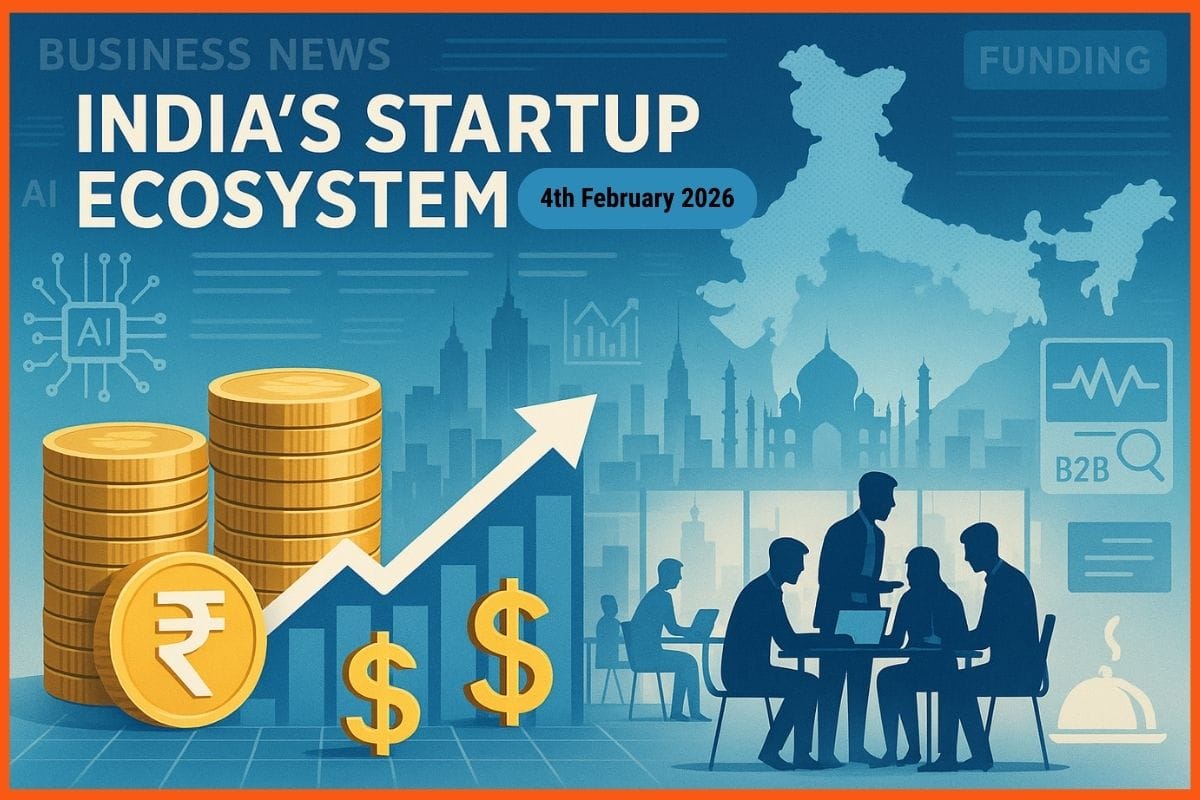Union Minister Jitendra Singh Announces INR 1,000 CR Will Be Allocated to Space Startup Venture Funds

A venture fund of INR 1000 crore has been set up to support space startups. The statement was made by Dr. Jitendra Singh, the Union Minister of State (Independent Charge) for Science and Technology, Earth Sciences, MoS PMO, Department of Atomic Energy, Department of Space, Personnel, Public Grievances and Pensions, and Public Grievances on 7 September 2024. He stated that the decision was made within the first 100 days of the Modi 3.0 government, indicating the high priority that Prime Minister Narendra Modi's administration places on the space sector. According to him, one of the top three or four sectors that the government has designated as its focus for its third term, 3.0, is space.
Dr. Jitendra Singh briefed the media, stating that almost four years ago, the decision was made to open the space industry to private actors as a revolutionary step. IN-SPACe India was created as the gateway with the private sector, while New India Space Limited (NISL) was a newly formed PSU.
He reported that the outcome has been remarkable, demonstrating a quick leap from one space sector startup to over 200 in the present day. In addition, he claimed that some of India's space startups are among the first of their kind and have the potential to be globally successful. He mentioned Vikram-S, the first private rocket in India, as one among them.
Sharing his thoughts on this development, Varun Chawla, Founder, build3 stated, "Not just space, but many other industries stand to gain from the central government's plan to earmark INR 1,000 crore for venture funds to space startups. With over 200 startups leading the way in technological improvements, innovations beyond space exploration are also possible. Innovations in satellite communication, earth observation, climate monitoring, and even resource management could result from these endeavours. And these sectors have broad implications for urban growth, agriculture, healthcare, and disaster relief. This step creates an ecosystem that can support India in becoming a global hub for space-tech innovation, drawing in foreign investments and collaboration. This is a fantastic chance for venture capitalists to make early investments in innovations that will influence the economy of the future. At build3, we're especially passionate about helping entrepreneurs in space technology create impact businesses, making sure that innovation not only spurs economic growth but also improves the environment and communities."
India Is Growing Its Muscle in the Space Sector
Dr. Jitendra Singh emphasized that the ISRO (Indian Space Research Organisation) was established in 1969, a year in which the United States successfully landed its first human on the Moon, which is no minor feat. But in less than 60 years, India's Chandrayaan 3 spacecraft arrived near the Moon's South Pole ahead of all other nations, demonstrating that not only is India a front-runner in the space industry, but it can also provide important examples for other countries to imitate.
According to Dr. Jitendra Singh, the government has permitted 100% foreign direct investment (FDI) in the space sector, which has been very beneficial for new businesses and initiatives. While the number of startups in India has increased from 350 in 2014 to over 1.5 lakh, positioning India as the third largest ecosystem in the world, StartUps in the space sector have also begun to make a significant contribution to the country's future economy, which is growing quickly from the fragile five to the first five and is expected to rise to the fourth and third places in the coming years.
The Future of Space Startups in India
Dr. Jitendra Singh highlighted one distinctive aspect of India's space industry: even ordinary Indian citizens who have no direct interest in space believe that their country has become a force to be reckoned with.
He also mentioned that space technology is now playing a significant role in a number of infrastructure and development sectors, such as agriculture, infrastructure, and road construction, smart cities, urban development, land revenue records, health care, etc. We are no longer limited to just launching rockets, he added further.

Must have tools for startups - Recommended by StartupTalky
- Convert Visitors into Leads- SeizeLead
- Website Builder SquareSpace
- Run your business Smoothly Systeme.io
- Stock Images Shutterstock






